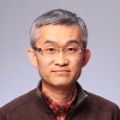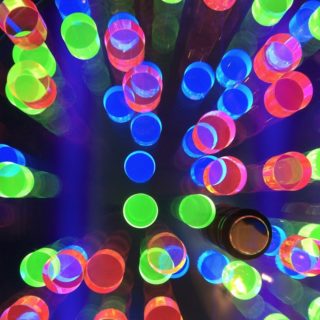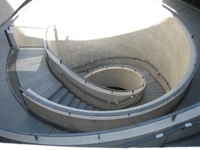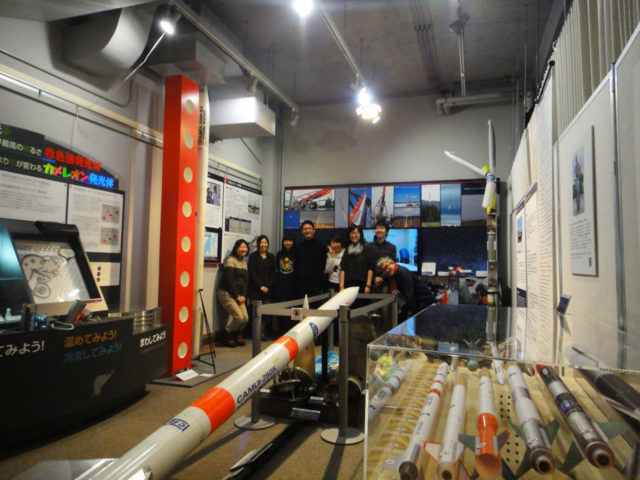Profile

- Research Subject
- Performance Measurement System for museum, Renewal of museum exhibition
- Native peoples as Tourist Resources in Manchuria and Karafuto (Sakhalin)
- Research Fields
- (1) Museum Management (2) Cultural Anthropolog
- Faculty - Division / Research Group / Laboratory
- Division of Humanities / Research Group of Cultural Diversity Studies / Laboratory of Museum Studies
- Graduate School - Division / Department / Laboratory
- Division of Humanities / Department of Cultural Diversity Studies / Laboratory of Museum Studies
- School - Course / Laboratory
- Division of Humanities and Human Sciences / Course of Philosophy and Cultural Studies / Laboratory of Museum Studies
- Contact
Office/Lab: 504
TEL: +81-11-706-3067
FAX: +81-11-706-3067
Email: sasaki(at)let.hokudai.ac.jp
Replace “(at)” with “@” when sending email.Foreign exchange students who want to be research students (including Japanese residents) should apply for the designated period in accordance with the “Research Student Application Guidelines”. Even if you send an email directly to the staff, there is no reply.- Related Links
Lab.letters


Support the evaluation of museums, whose existence should be demanded by local communities and societies.
Have you paid a visit to a museum only to feel frustrated at the unintelligible exhibits? Following the global economic crisis triggered by economic powers, cultural programs have been targets of criticism, which means museums in Japan are facing a time in which they must reconsider their resources, attractions and appealing approaches.
My research has been focusing on activities to support the creation of a system for evaluating museums. The number of visitors to a museum is not the only factor necessary for evaluating it. Satisfaction with various aspects, such as the ease of viewing exhibits or the favorable impression of a restaurant, can be evaluated through questionnaire surveys and interviews. I strive to reconfirm the missions of museums in local communities and to formulate guidelines for the implementation of specific measures in collaboration with museums.
A research field serves as a platform for interaction among intellectuals: A hands-on approach is sure to be conducive to your further growth.
Students can make the most of the Hokkaido University Museum as a place for field research. Students in my seminar have taken part in renewing exhibits at the museum as part of practical exercises in graduate school, in which they’ve been on the front lines gaining experience derived only in the field. Communications and schedule management with teachers in other faculties who are kind enough to provide documents and artifacts, as well as with other persons involved in the renewal, such as exhibition agents: These are the skills that are needed in society, and they’re the very skills I’d like you to acquire.
A museum is a free platform where students can interact regardless of their chosen course. The dynamism that encourages you to participate in creating a museum where you can interact with those from all walks of life really serves as a driving force for my research, and it’s a force I’m keen to share with you all.
Message
In response to a request from a museum considering the innovation of management policies, the Sasaki laboratory is creating a new style of management with field staff engaged in the discipline of museum studies. In doing so, we believe in two methods: on-the-job training and research & development. Attempting to manage museums based on armchair theories should be avoided. We are determined to visit and observe the target museum first before examining what is going on there, delivering a presentation on the facts identified, forming a consensus in the study group, and then finally suggesting and implementing measures to improve the situation. The museums and cultural facilities to which we have thus far provided management support include Fuchu Art Museum, Shizuoka Prefectural Museum of Art, Mie Prefectural Museum and other institutions. In addition to museums, we are also supporting art projects, halls and cultural halls.
Our laboratory provides opportunities to carry out research on museum anthropology examining the collaboration of museums and the Ainu people as well as on natural history considering the relationships between humans and animals.




